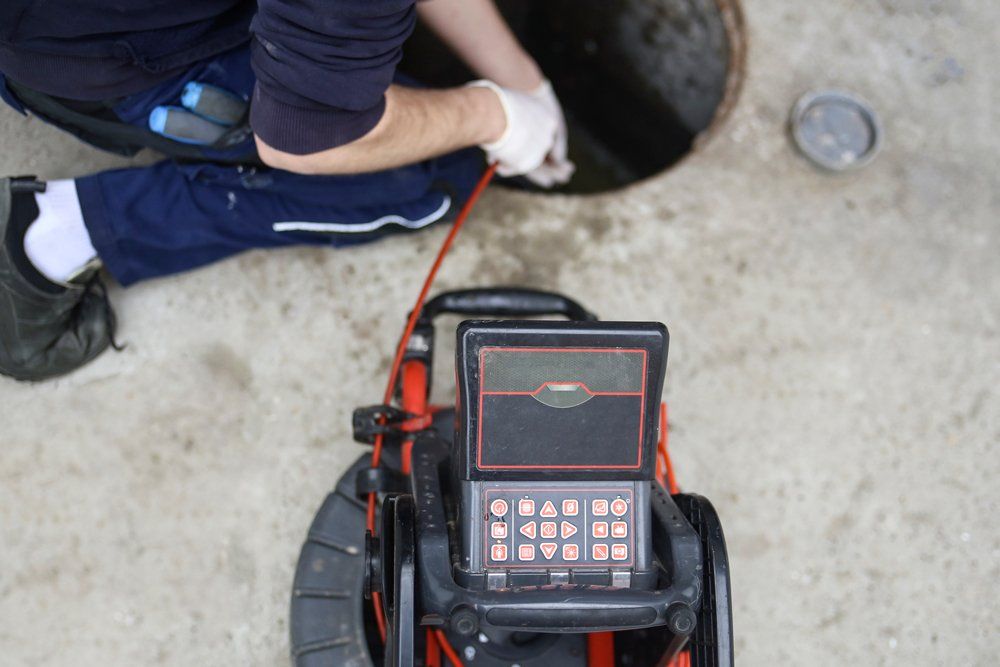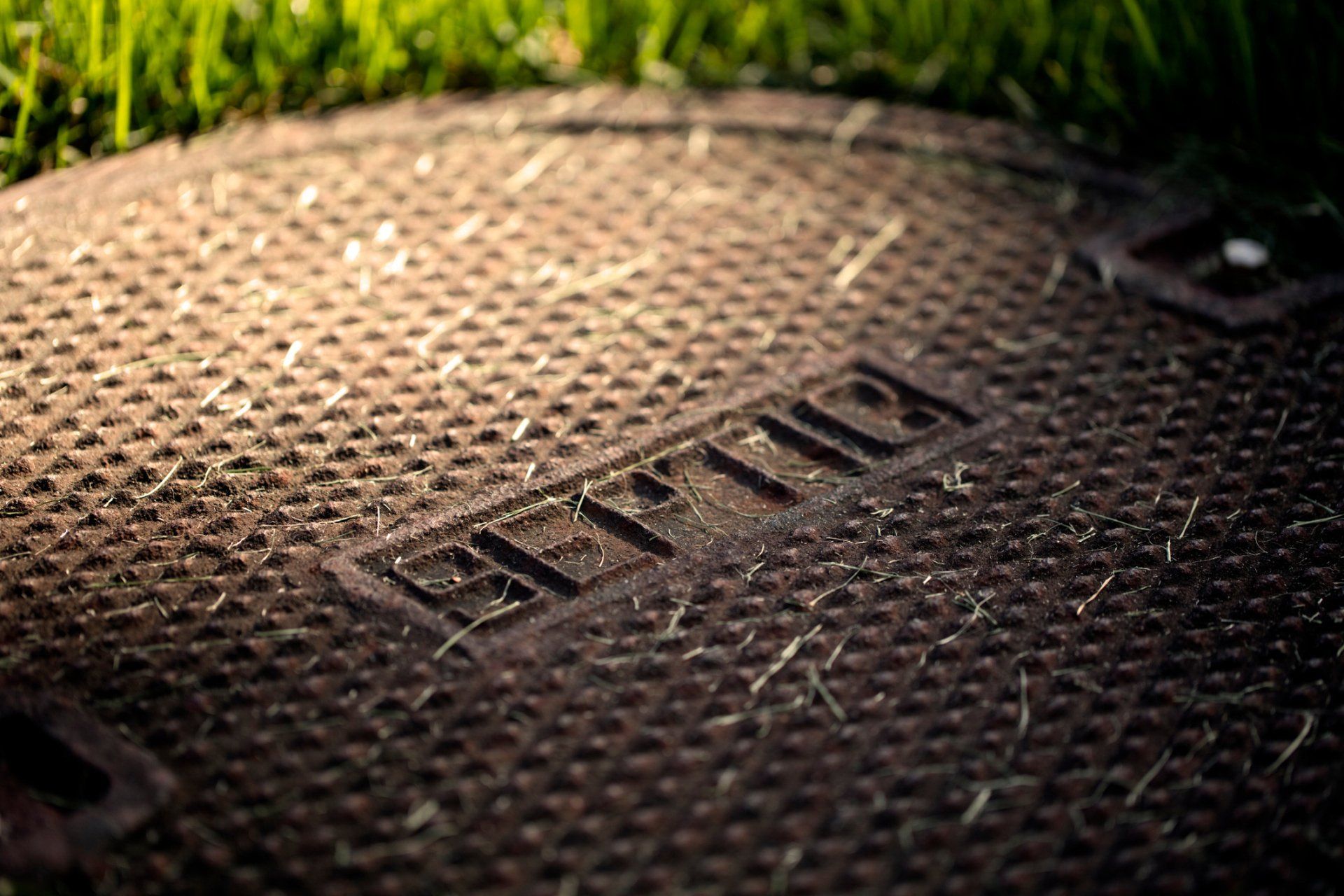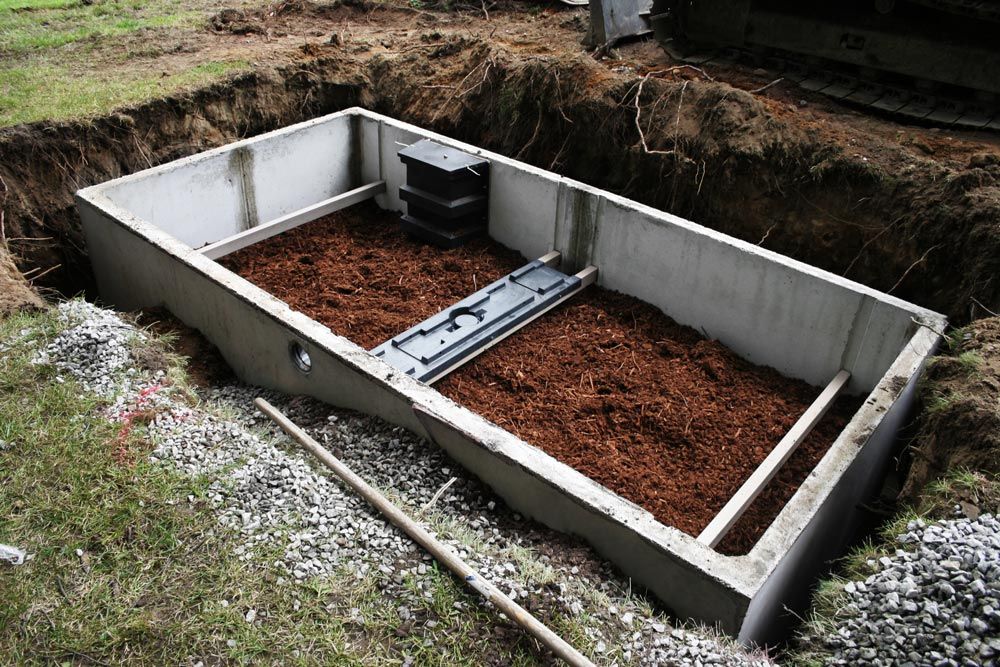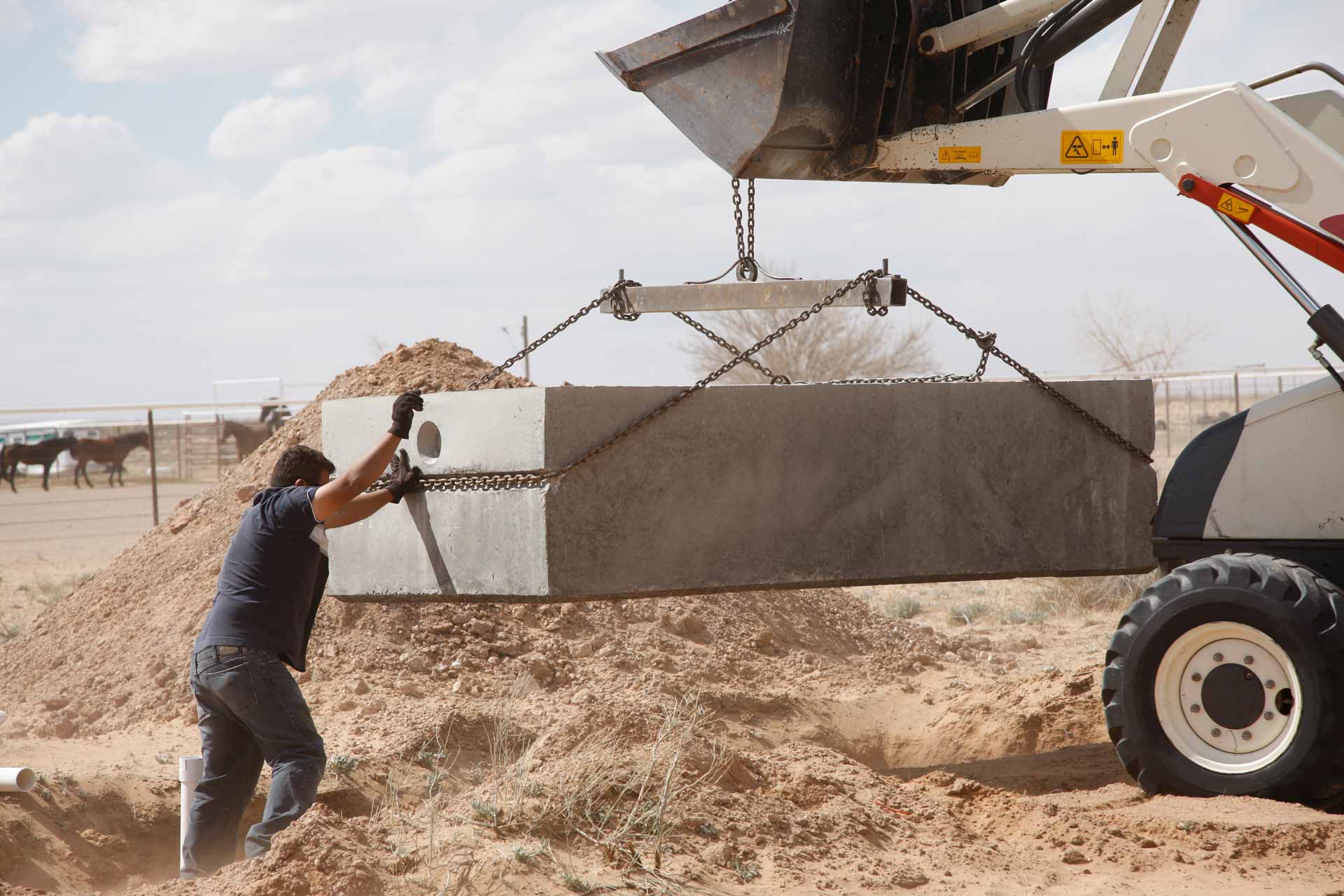5 Common Causes of Septic Tank Odors
A septic tank is an underground wastewater treatment system that helps hold and filter wastewater from commercial and residential properties. If the septic system doesn't function properly, it could start to generate bad smells. Learn about common reasons why septic systems produce bad smells.
1. Clogged Drains
Various things can clog the pipes that transport wastewater to the septic system. For instance, cold weather can clog your home's venting system. As the temperature keeps falling, ice and frost will build up in the vents and ultimately block the venting system.
A clogged drain doesn't sound like a serious issue, but it can lead to many problems, such as a foul smell. Clogged drains will dry out the pipe. This will reduce the level of ventilation in the pipes, increasing the effect of bad odor.
Dry drains won't properly filter any gases accumulating inside the septic tank. As a result, the gas can escape from the septic tank and enter your home. You will often notice a bad smell coming out of the toilets and drains.
2. Full Septic Tank
In addition to the bad smells, a full septic system can also cause your sink to produce gargling sounds. You might also notice that the washing machine has become slower and the toilet has gotten sluggish. If you don't clean out the septic system early enough, the sewage might overflow.
Ideally, you should pump the septic system at least once every few years. The pumping frequency depends on the size of the septic tank and your family's needs. The pumping frequency can be less often if you regularly maintain your septic system.
3. Insufficient Bacteria
Bacteria in the septic system help with the digestion of waste. If the bacteria is insufficient, the rate of wastewater treatment is lower. As the wastewater accumulates in the septic tank, it will start to produce gases that eventually escape back up to the drains and into the home.
Several things can affect the number of bacteria in your septic system. For instance, low nutrient availability, lack of enough oxygen, incorrect PH, and extreme temperatures can kill most bacteria in the septic system. Septic tank owners can use various things, such as biological stimulants, to increase the number of bacteria in the system.
Pumping out the septic tank can also reduce the number of bacteria in the system. Once you pump out the septic system, seed it with new beneficial bacteria that will digest waste. Also, add the appropriate amino acids, minerals, and nutrients to assist with the repopulation of the septic system.
4. High Rainfall
High rainfall can cause surface runoff on your property. Most of the water from the rainfall will increase the level of the groundwater near the septic tank. The result will be overflowing in the septic tank, allowing foul-smelling gases to escape from the septic tank and out of the drains. A possible solution is to introduce another drain that will prevent the groundwater from entering the septic tank.
5. Broken Pump
All septic tank systems have a pump that assists with moving the wastewater in and out of the tank. The septic tank pump can either be broken, outdated, or simply unable to withstand the requirements of the septic system.
Failure of the septic tank pump means that wastewater will accumulate in the wrong parts of the septic system. This can cause some of the gases to find their way back into the home. If the septic tank pump is broken, ask a professional plumber to check and repair it.
Bad smells from the septic tank are usually an indication of septic tank damage. Pete's Outflow Technicians provide reliable, friendly, and knowledgeable septic tank services. We have operated since 1953 and offer industrial, commercial, and residential septic services. Contact us
now for more information.









